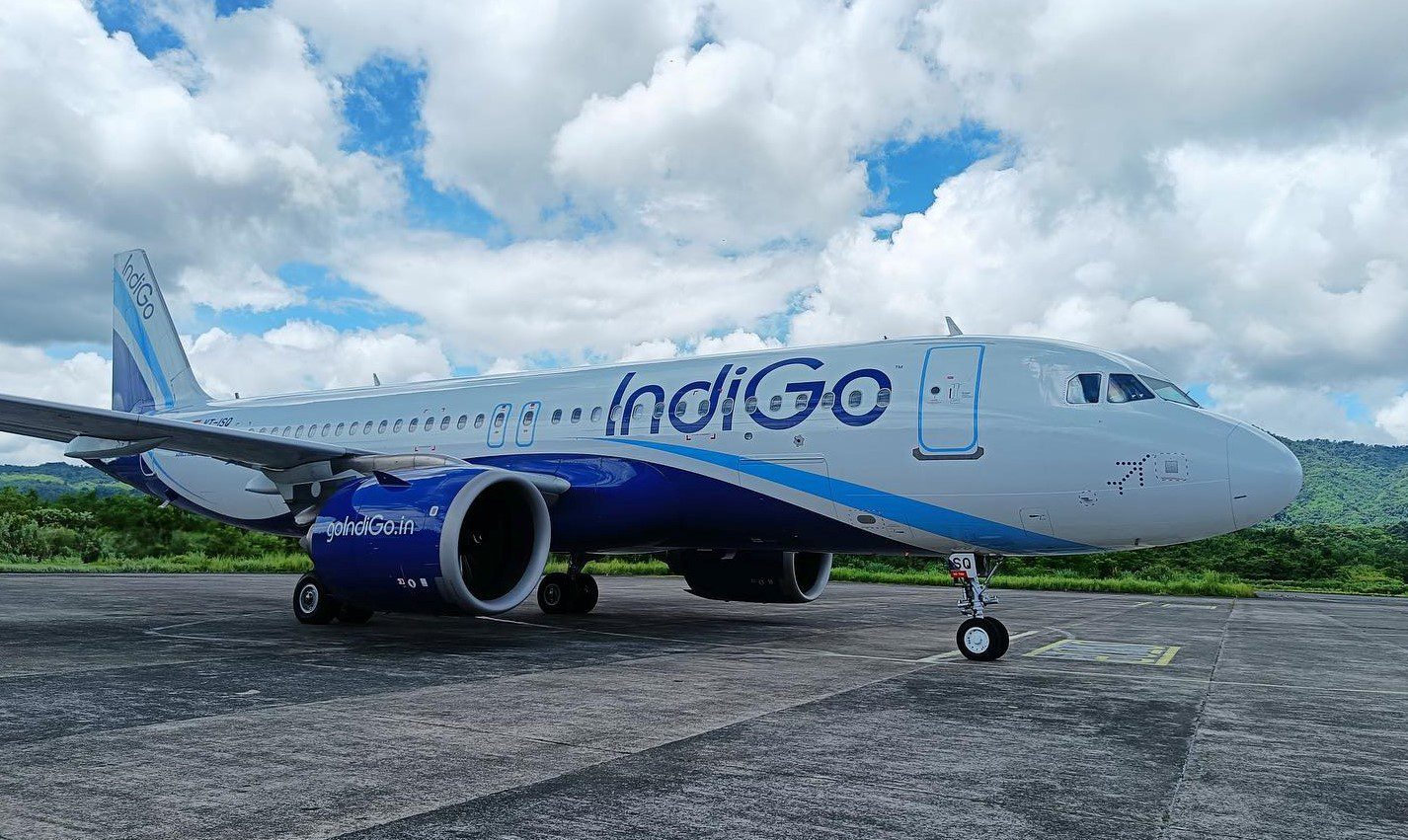India’s aviation sector is poised for a significant expansion, with Navi Mumbai and Jewar airports preparing to introduce new international flights to key Gulf destinations. These developments aim to enhance connectivity, alleviate congestion at existing airports, and cater to the growing demand for air travel between India and the Gulf region.
The upcoming Navi Mumbai International Airport (NMIA), slated to commence operations in late 2025, is set to offer direct flights to several Gulf cities. According to coordination filings, the airport plans to launch routes to Abu Dhabi, Jeddah, Dammam, and Muscat. These destinations are significant due to the substantial Indian diaspora and robust trade relations with the Gulf countries. The introduction of these routes is expected to facilitate business and visiting friends and relatives (VFR) travel, providing residents of the Mumbai metropolitan region with more convenient options and reducing the dependency on the congested Chhatrapati Shivaji Maharaj International Airport. Similarly, Jewar Airport, officially known as Noida International Airport (DXN), is scheduled to begin operations by the end of 2025. The airport plans to initiate international services to Jeddah, Dammam, and Muscat, focusing on connecting the National Capital Region (NCR) with important religious and economic hubs in the Gulf.
These routes are particularly beneficial for travelers from western Uttar Pradesh and surrounding areas, who curr ently rely on Delhi’s Indira Gandhi International Airport for international flights.The expansion of international flights from tier-II cities is also gaining momentum. Reports indicate that Muscat may soon be connected to Bhopal and Indore, marking a significant step forward in improving international connectivity from central India. These additions align with the Indian government’s focus on regional air connectivity, supporting labor and business travel to Oman. Additionally, Chennai is expected to gain a new route to Riyadh, addressing the current lack of direct flights between southern India and Saudi Arabia and reinforcing Chennai’s role as a key southern hub for travel to the Middle East.
In a notable development, IndiGo Airlines has applied for twice-daily slots at London Heathrow, Gatwick, and Manchester. If approved, this expansion would represent a significant leap in the airline’s long-haul ambitions and further solidify its position in the competitive India–UK travel market. The UK remains one of the top international markets for Indian travelers, and increasing non-stop options would be beneficial for passengers on both sides. The introduction of new international routes from Navi Mumbai and Jewar airports signifies a strategic move to enhance India’s global connectivity. These airports are expected to alleviate pressure on existing metro airports, promote regional development, and cater to the increasing demand for air travel. As the aviation sector continues to evolve, these developments highlight India’s commitment to expanding its presence in the global aviation network.
Also Read :Delhi Airport Runway 10/28 Closure to Impact 200 Flights


